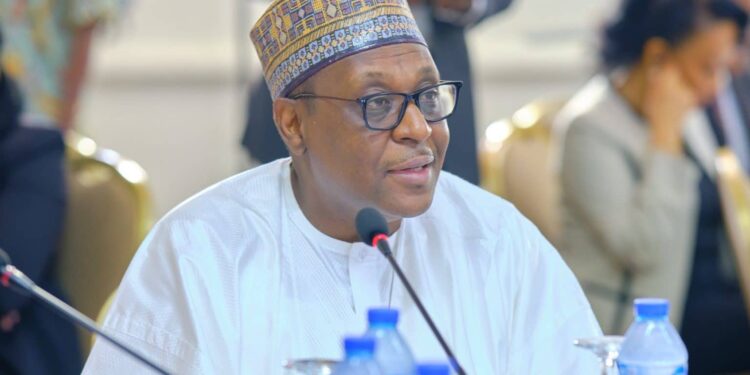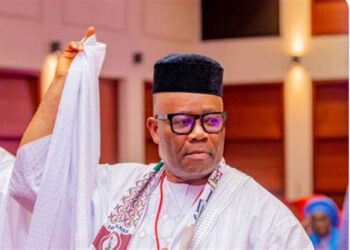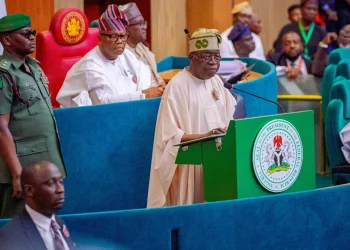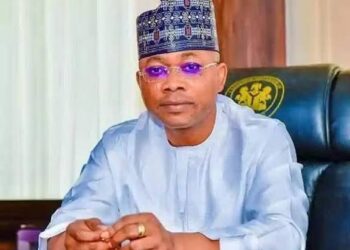Minister of Health Ali Pate has announced that the National Association of Nigerian Nurses and Midwives (NANNM) has suspended its ongoing strike action following successful negotiations in Abuja.
The Minister made the declaration on Friday after concluding closed-door discussions with nursing union officials, stating that both parties had reached agreements on key issues that prompted the industrial action.
“The striking nurses decided to call off the strike after both parties reached key agreements on aggrieved issues,” Pate told reporters following the meeting.
However, union leaders remained tight-lipped about the specific outcomes of the negotiations, declining to address journalists about the agreements reached during the session.
The nurses and midwives had commenced a warning strike on July 29, 2025, citing the federal government’s failure to address longstanding grievances affecting the profession.
Prior to Friday’s meeting, union leaders had maintained a firm stance on their demands. Mrs. Josephine Bassey, Chairman of the Cross River State chapter of NANNM, had earlier insisted that the strike would continue until the government addressed their concerns.
“The strike would not be called off except the government addressed their demands,” Bassey had stated, emphasizing that most issues centered on administrative matters requiring government action.
The union’s demands encompassed several critical areas, including the gazetting of the nursing scheme of service that received approval in 2016 but has remained unimplemented for nearly a decade.
Another major demand involved establishing a dedicated Department of Nursing within the Federal Ministry of Health, which union officials argued would better represent nursing interests at the policy level.
The nurses also sought centralization of internship programs for nursing graduates, aimed at standardizing training and deployment processes across the country.
Union representatives had highlighted the need for gazetting long-standing approvals by the National Council on Establishments, suggesting that bureaucratic delays had prevented implementation of previously agreed measures.
Additional demands included reviewing provisional allowances for nurses and midwives, reflecting concerns about compensation packages in the healthcare sector.
The union also pushed for greater representation through the appointment of nurses to boards of federal and state health institutions, seeking enhanced professional participation in healthcare governance.
Staffing shortages emerged as another critical concern, with union officials emphasizing the urgent need for more nurses to address gaps in healthcare delivery nationwide.
The strike had raised concerns about potential disruptions to healthcare services across the country, making Friday’s resolution a relief for both government officials and the general public.
While specific details of the agreements remain undisclosed, the Minister’s announcement suggests that substantive progress was made on addressing the union’s grievances during the Abuja negotiations.
The resolution comes as Nigeria’s healthcare system continues grappling with various challenges, including workforce shortages and infrastructure deficits that have long affected service delivery.



















